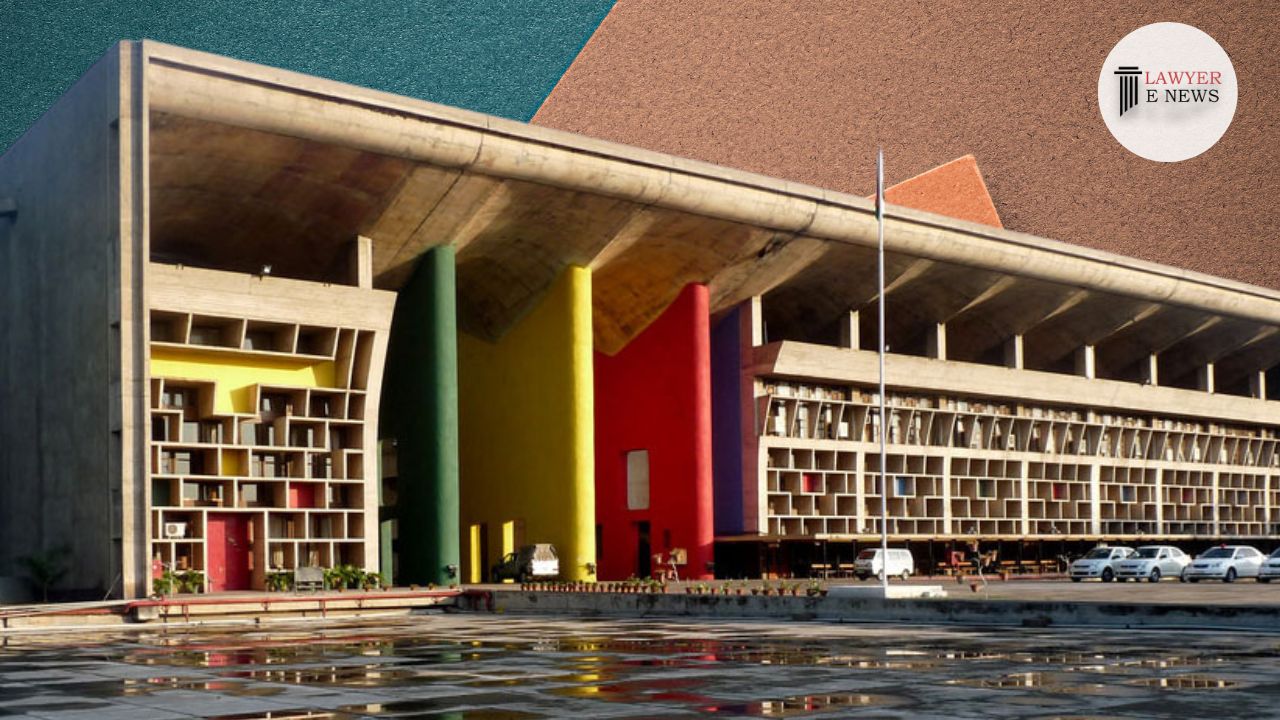-
by sayum
14 February 2026 2:22 PM



In a landmark judgment, the High Court of Punjab and Haryana has overturned the First Appellate Court’s decision that had previously dismissed a suit filed by Rachhpal Kaur for a permanent injunction to maintain her possession of a property. The trial court had originally decreed in Kaur’s favor, recognizing her as the rightful owner.
Legal Point of the Judgement: The appeal primarily revolved around the verification of ownership and allegations of encroachment, wherein the First Appellate Court had failed to recognize the defendant’s admissions of the plaintiff’s ownership and did not sufficiently validate the encroachment claims.
Facts and Issues Arising in Judgement: The defendants contested the trial court’s decree, arguing encroachment on adjacent government land and citing a res judicata based on prior litigation against Kaur’s husband. The First Appellate Court dismissed Kaur’s suit, prompting the current appeal to the High Court.
Acknowledgment of Plaintiff’s Ownership: The High Court highlighted the defendants’ admission in their written statement affirming the plaintiff’s ownership, which the First Appellate Court overlooked. Justice Deepak Gupta emphasized, “It is well settled that admission is the best evidence.”
Lack of Proof for Encroachment: The judgment meticulously pointed out the failure of the defendants to prove the alleged encroachment. “The onus was upon the defendants to prove the same,” Justice Gupta noted, indicating that the evidence provided was insufficient.
Res Judicata Not Applicable: The Court determined that the principle of res judicata did not apply, as the previous judgments did not involve Kaur directly and hence could not be used to deny her claims.
Decision of the Court: The High Court not only set aside the judgment of the First Appellate Court but also reinstated the trial court’s ruling, reaffirming Rachhpal Kaur’s ownership and right to the property without any proven encroachment.
Date of Decision: May 1, 2024
Rachhpal Kaur Vs. State of Punjab and Others
